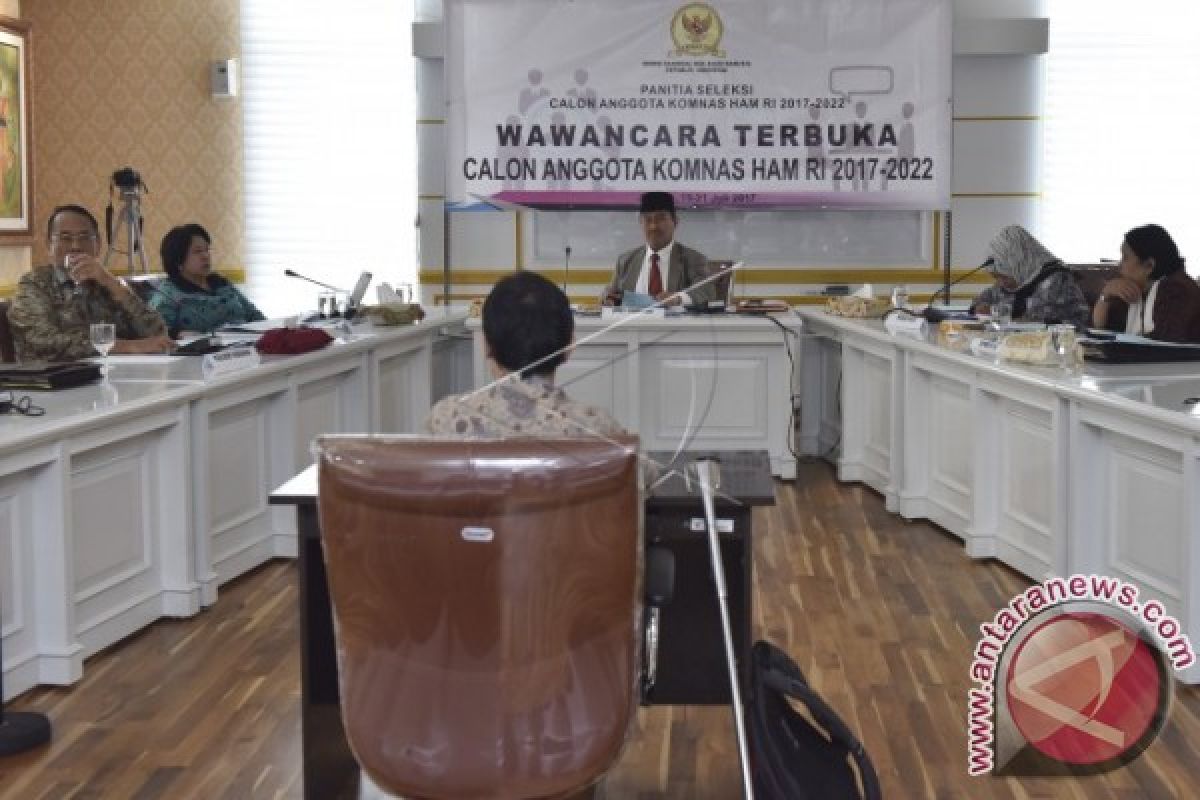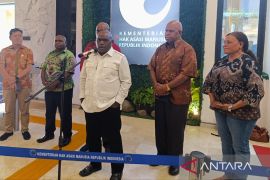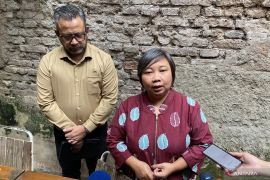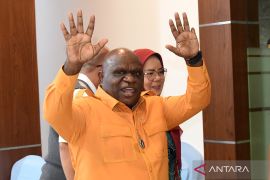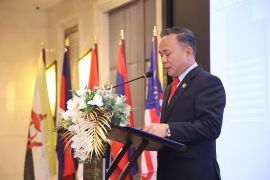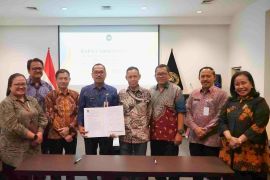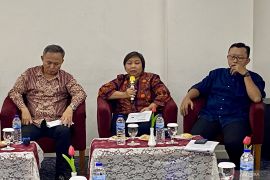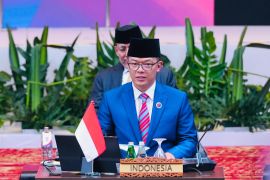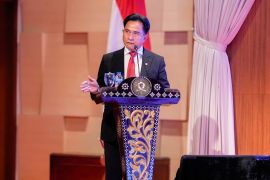It is no exception for those currently at the end of their term of office as the 2017-2022 National Commission on Human Rights (Komnas HAM) members.
After serving as the commission's members for almost five years, it is now time for them to pass on the mantle to their successors.
Komnas HAM Chief Ahmad Taufan Damanik highlighted several important issues that should elicit attention and concern from the commission's members for the next period.
These issues comprise gross human rights violation, agrarian conflict, freedom of speech and expression, violence from the public and law enforcement authorities, as well as conflict in Papua.
Moreover, Komnas HAM Member Candidate Selection Committee Head Makarim Wibisono drew attention to violence in the cyber space as another challenge that should be of concern within the next five years.
For instance, gender-based cyber violence (KSBG), or better known as online gender-based violence (KBGO), is also a matter of concern.
According to the National Commission on Violence against Women's (Komnas Perempuan's) Annual Record released on March 8, 2022, the number of KSBG reports to Komnas Perempuan had reached 1,721 cases in 2021.
This count of reports had increased significantly as compared to 940 cases in 2020. Earlier, 241 cases were reported in 2019.
This figure only encompasses the number of reports that the commission had received and did not include other institutions.
The development of human rights issues in cyber space is not solely limited to gender-based violence.
The advancement of technology that encourages various types of communications, transactions, and information exchange brings forth a new threat in the form of personal data leak.
One of the data leak incidents that came to light in 2022 is the suspected data leak from the server managed by the Health Ministry.
In addition, there was a suspected leak of 75 gigabytes worth of data due to an attack on the hardware owned by Bank Indonesia.
Data leak makes its victims vulnerable to fraud or other crimes that threaten their sense of security.
Hence, awareness and attention to developments on the issue of cyber space is one of the selection committee's consideration in filtering Komnas HAM member candidates.
Digital awareness
Selection Committee Deputy Head Kamala Chandrakirana admitted to an anomaly in the selection requirement.
Observing the challenges that will become more severe within the next five years, the selection committee requires commission member candidates to have 15 years of experience in the world of human rights protection and enforcement.
However, usually, someone, with a career spanning 15 years in the world of human rights, tends to be less capable of following technological developments, even more so than the younger generation.
However, age should not be a hurdle for someone to have digital awareness. More than being able to understand various terms or details of digitalization, Komnas HAM members more importantly be able to comprehend strategic issues in cyber space and possess the skills to determine resolution steps.
This is important, especially as a precautionary measure against the wave of hoaxes and disinformation that will flood the cyber space as the 2024 General Election draws close.
Moreover, commission members do not work alone, Chandrakirana noted.
They will be supported by the Komnas HAM Secretariat, and there are possibilities of cooperation with various other organizations that harbor similar concerns on human right issues in the digital space, she explained.
However, another problem that drew Chandrakirana's attention is the commission's membership composition for the next period.
Women's representation
The membership composition for the 2017-2022 Komnas HAM only has one female member, with the other six members being males. This became a matter of concern for Chandrakirana.
What the selection committee currently pays attention to is not just qualifications from the Komnas HAM candidate members but also women's representation and composition, she affirmed.
This is especially while observing the women's movement environment, there are guidelines on how a certain institution has to ensure that there is sufficient critical mass to affect the decision-making process.
Critical mass here means at least 30 percent of women's representation in a certain institution. The fulfillment of critical mass would allow Komnas HAM members to create policies with more gender perspective.
To this end, gender balance in the commission will become one of the considerations of the selection committee, according to Chandrakirana.
Commission members should be capable of communicating, not just formally but also personally.
Personal approach is an important skill for Komnas HAM members to ensure the success of the commission's recommendations to the government.
However, communication skill should also be accompanied with high integrity.
Moreover, Chandrakirana deemed that commission members should be able to utilize studies and research to resolve human rights cases.
Through the optimal utilization of studies, Komnas HAM can unravel a case down to its root cause.
Simply investigating a case is not enough. Commission members have to know why a certain problem occurs and not just knowing what became a problem, she opined.
In future, she expects Komnas HAM to be able to increase the people's trust in the state's institution that functions in the realm of human rights, especially citizens residing in a conflict region.
With this, members in the commission can draw higher support from the public.
Related news: Wadas case: Human rights body submits initial findings
Related news: Rights body expects continued decline in violence by authorities
Editor: Rahmad Nasution
Copyright © ANTARA 2022
